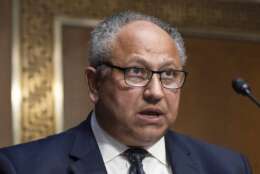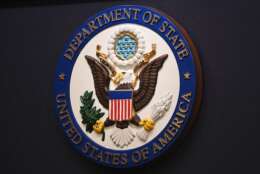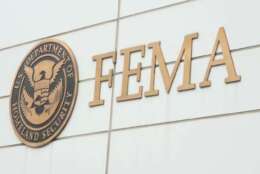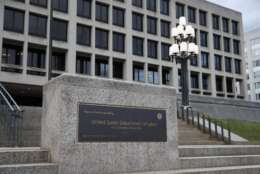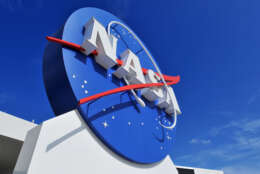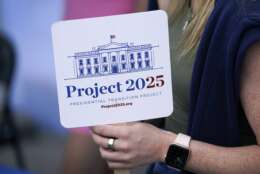Tom Temin
-
Lockheed Martin recently won a settlement worth more than $130 million in a protest with the Air Force.
July 18, 2024 -
In today's Federal Newscast, Navy leaders get instructions on training all of their personnel on do's and don'ts during election season.
July 18, 2024 -
This year's presidential election is proving a bit more volatile than we've seen in recent years. What might that mean for investment returns?
July 17, 2024 -
Industry was puzzled by the State Department's plan to establish three federally-funded research and development centers, FFRDCs.
July 17, 2024 -
The Social Security Administration says a recent policy change should make it easier to compensate beneficiaries who received underpayments.
July 17, 2024 -
FEMA used disaster relief funds to cover the costs of vaccinations and testing sites, among other things.
July 17, 2024 -
An ambitious agenda for regulation means contractors could see a slew of new and interim regulations in the next few months.
July 16, 2024 -
One rule would have imposed so-called prevailing wage rates on every federal contract.
July 16, 2024 -
The so-called Chevron decision has implications for all three branches of government.
July 16, 2024 -
A former GSA administrator has made the case that raising the micro purchase threshold to $20,000 would save the government tens of millions of dollars.
July 15, 2024 -
As some discuss President Joe Biden's future, others wonder about the implications of Project 2025 on the federal workforce under a potential Trump presidency.
July 12, 2024 -
NASA has a new first to add to its history of firsts — a first chief artificial intelligence officer, Dave Salvagnini.
July 12, 2024 -
Project 2025 is not some mysterious force from nowhere. Check out the project web site to see who's behind it and their prescription for the federal workforce.
July 11, 2024 -
A modern-day retirement can last a long time, and that means retirement planning has to follow a few basics of a "bucketed approach to investing."
July 11, 2024 -
The Department of Health and Human Services Office of Inspector General recently analyzed 30 NIH contracts and found many of them were not properly closed out.
July 11, 2024


